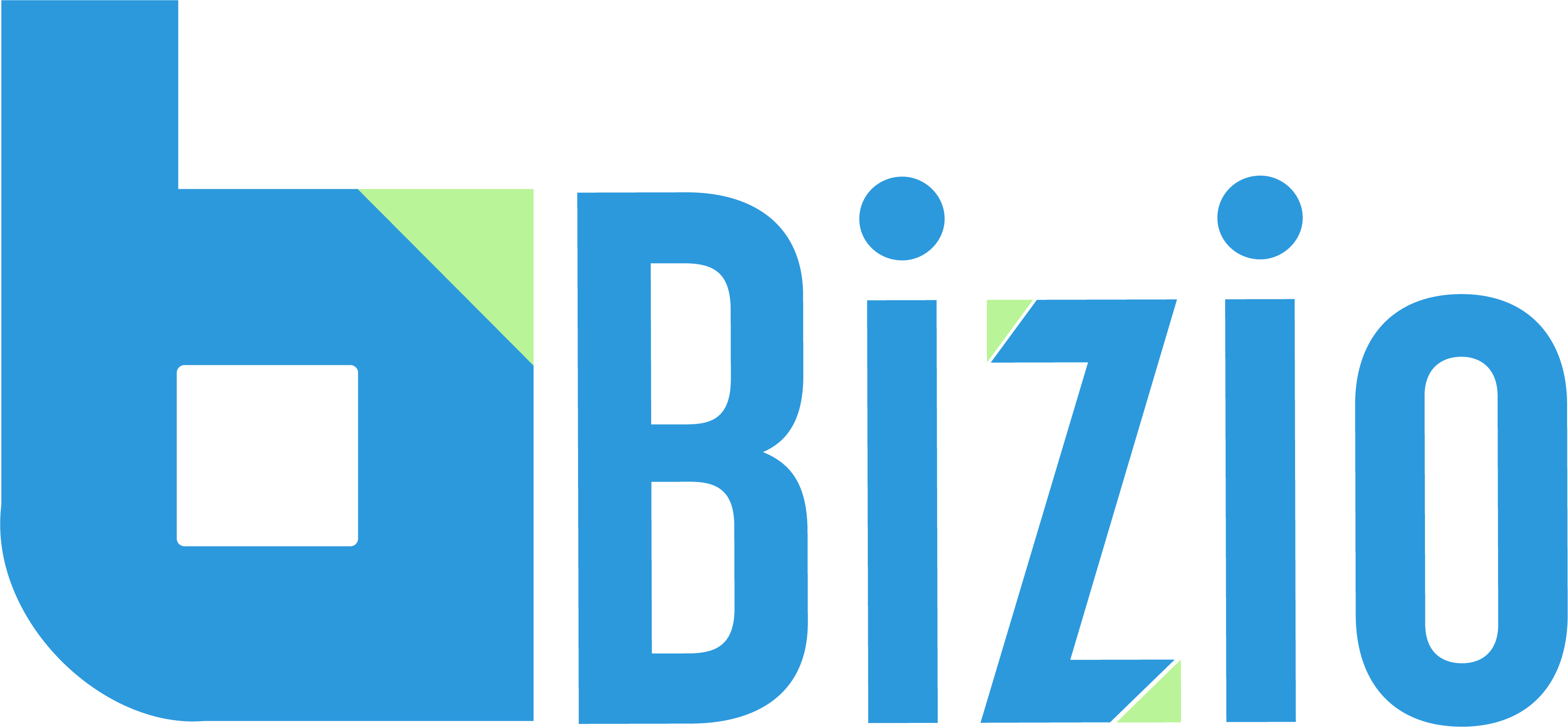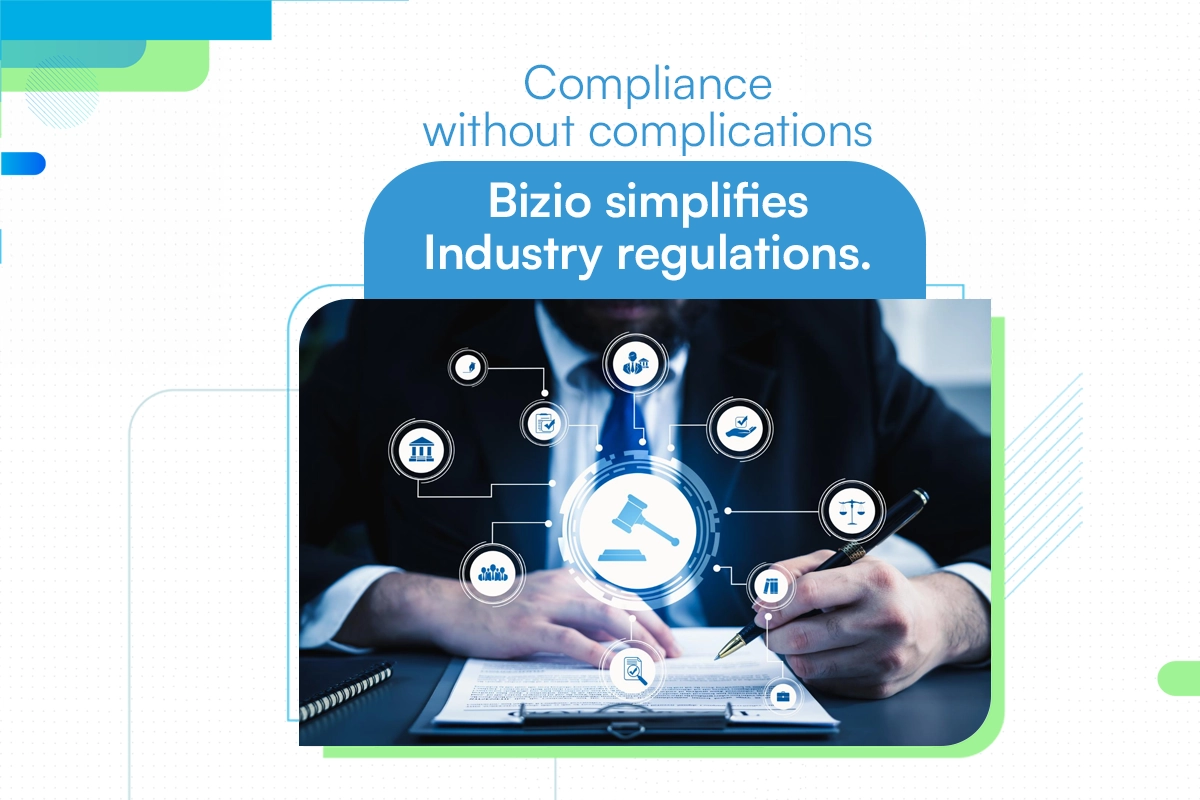- 18
- November
Kinjal Shah
The Hidden Costs of Inefficient Operations
Inefficient operations create problems beyond just productivity losses. The effects touch every part of your business.- Missed Deadlines and Errors
- Increased Risk of Regulatory Issues
- Strain on Teams and Resources
Bizio: Streamlining Operations for Smarter Business Management
Bizio eliminates operational chaos by making organization and documentation automatic parts of normal work.- Centralized Dashboard for All Business Activities
- Project and Task Management for Better Oversight
- Automated Notifications to Stay on Track
Compliance as a Natural Outcome of Efficiency
Organized operations create documentation that satisfies compliance requirements without additional effort.- Accurate Documentation Through Organized Workflows
- Reducing Risk Through Clear Processes
- Easy Tracking of Tasks, Approvals, and Deliverables
Key Features Supporting Operational Efficiency
Bizio's features create an organized environment where compliance happens naturally.- Task and Project Management
- Client and Financial Tracking
- Reporting and Analytics for Better Decision-Making
Real-World Impact
Businesses using organized operational systems achieve measurable compliance improvements while reducing costs.- How Businesses Reduce Errors and Stay Audit-Ready
- Success Stories of Efficiency Leading to Compliance




